by Ashleigh Feltham
Accredited Practising Dietitian and Accredited Nutritionist
Kidney stones are not something you want to experience if possible. Kidney stones are a disorder of the kidneys which causes the gathering of mineral and salt deposits. These then form different sizes and shapes in your kidneys — kidney stones. These stones are usually very painful to pass or require medical treatment to remove.
Four to eight per cent of Australians will experience kidney stones at some point in their lifetime. Kidney stones are the most common disorder experienced in the urinary tract in Australia. You are at a greater risk of developing kidney stones if you are elderly or have a family history of developing kidney stones. The good news is that there are lifestyle and diet choices that you have the power to make to help reduce your risk of developing this disruptive disorder.

In order to reduce your risk of developing a kidney stone, a whole diet approach has been shown to be most effective. A whole diet approach means that you are providing your body with a matrix of protective factors that include kidney supporting components. One such diet that has been shown to help is the Dietary Approaches to Stop Hypertension diet. (DASH)
The DASH diet was originally developed to help reduce the risk of high blood pressure and heart disease. Recent research has produced evidence to support that this diet may also be effective at reducing your risk of developing kidney stones.
The Dietary Approaches to Stop Hypertension diet consists of eating nine to ten servings of fruit and vegetables each day. The diet includes plenty of whole grains such as wholegrain pasta, rice, bread, crackers, couscous or quinoa. It also contains plenty of legumes and beans, nuts and seeds. Dairy and moderate amounts of seafood are part of the Dietary Approaches to Stop Hypertension diet, as well as white meat such as chicken and turkey. The DASH diet contains limited amounts of red and processed meats as well as little to no sweetened beverages and sodium.
A total of 241 766 people were studied in a combined 50-year follow up. Those people who were following the DASH diet more closely had higher intakes of kidney stone protective minerals and vitamins. This included calcium, potassium, magnesium, oxalate and vitamin C. They also had lower intakes of sodium. Those who followed the DASH diet most strictly had a 55-60% lower risk of developing a kidney stone compared to those that did not follow the diet as closely.
Seafood includes a host of vitamins and minerals which promote kidney health and function. Two such examples are potassium and magnesium. Salmon with bones as well as sardines are a good source of calcium.
If you need inspiration on ways to include salmon in your day while following a DASH diet, try Salmon Zucchini Pea Fritters, Salmon Roasted Kale Avocado Potato Salad, Salmon Samosas and the popular recipe for Creamy Salmon Spirals.
To include more sardines in your diet, try the delicious Sardine Pan Con Tomate or Portuguese Sardine Fritters, another popular recipe on the Safcol Seafood website.
Take home message
To help keep your kidneys healthy and reduce your risk of developing painful kidney stones, it may be a worthwhile lifestyle investment to take on the Dietary Approaches to Stop Hypertension diet.
.
Reference:
- Taylor EN, Fung TT, Curhan GC. DASH-style diet associates with reduced risk for kidney stones. J Am Soc Nephrol. 2009 Oct;20(10):2253-9. doi: 10.1681/ASN.2009030276. Epub 2009 Aug 13. PMID: 19679672; PMCID: PMC2754098.
- DASH diet: Healthy eating to lower your blood pressure. Mayo Clinic.
- All about kidney stones. Kidney Health Australia.
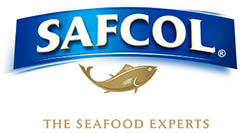
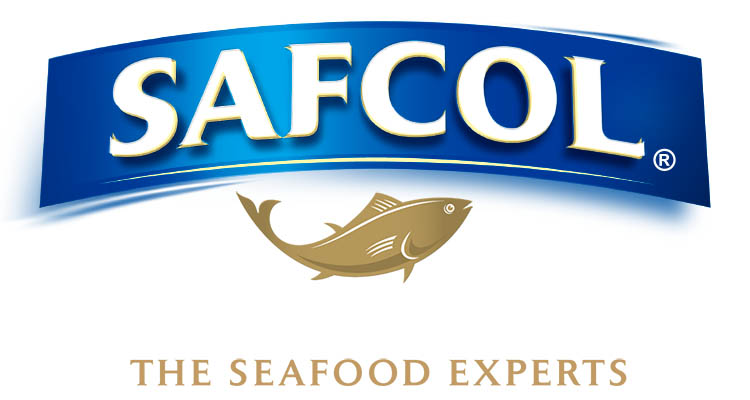
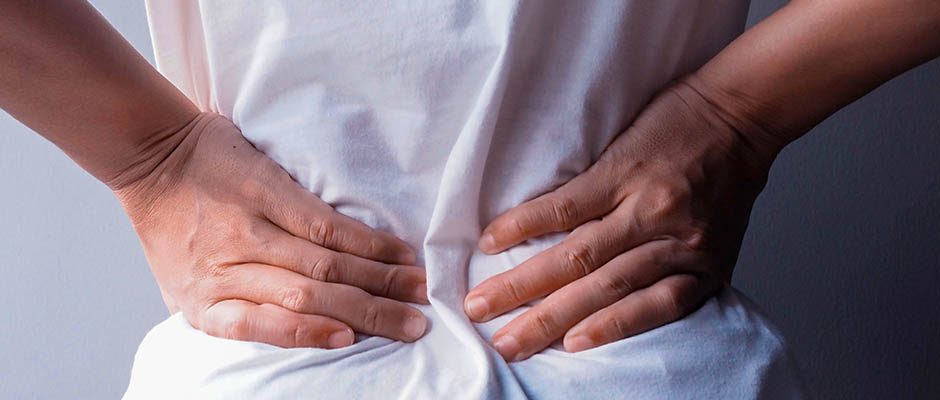
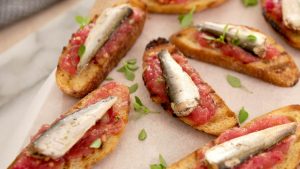
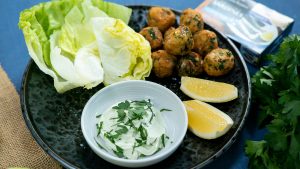
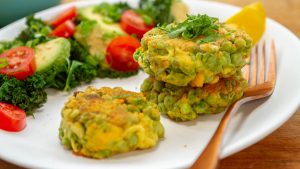
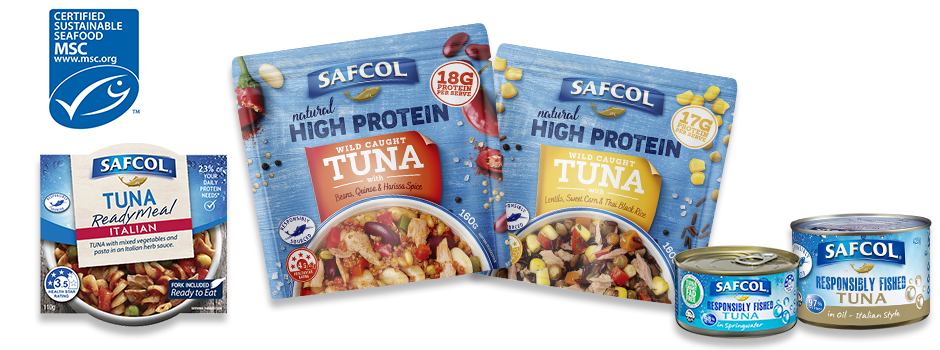





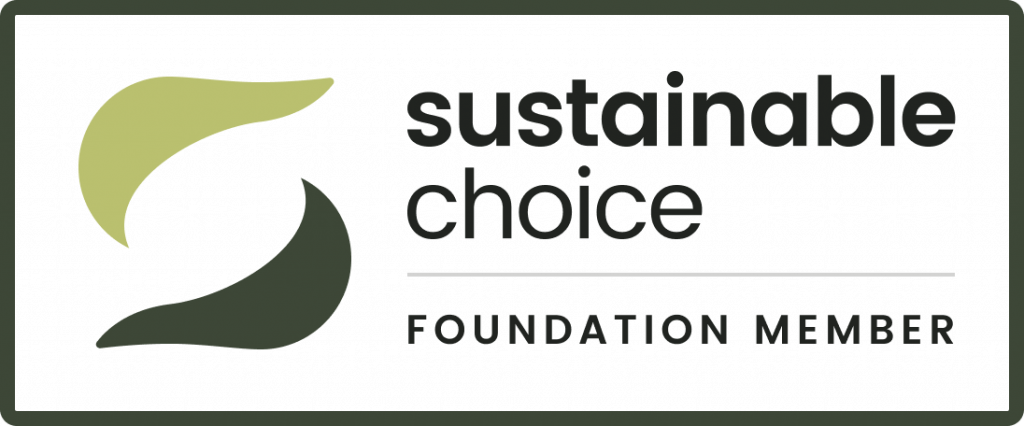
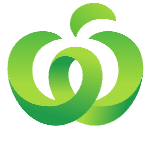

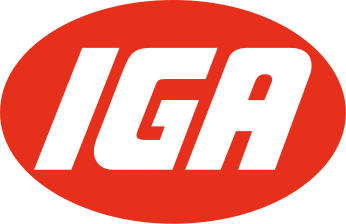


Comments are closed.